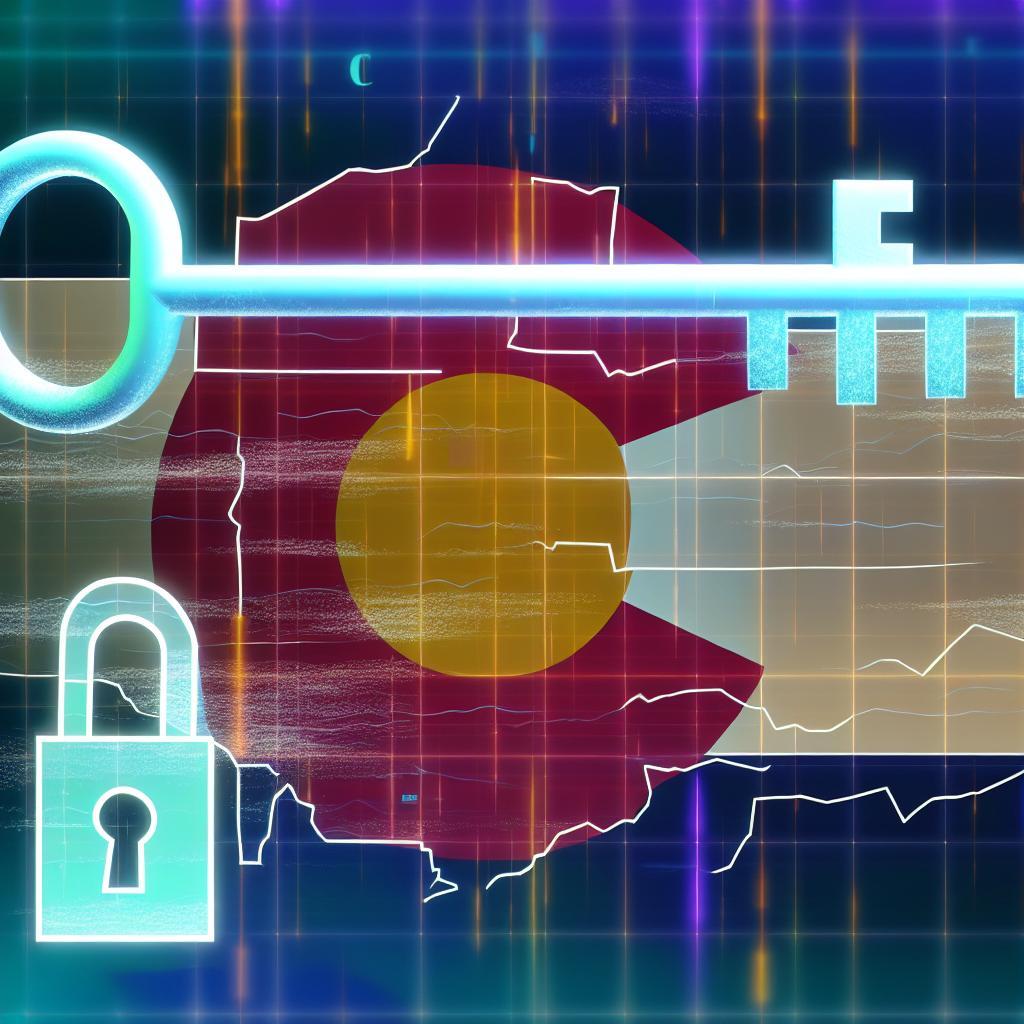– How can someone access the Dark Web?
# Exploring the Dark Web: A Closer Look at the Hidden Depths of the Internet
In a world where the internet plays an integral role in our daily lives, there exists a hidden realm known as the Dark Web that remains largely shrouded in mystery and notoriety. What exactly is the Dark Web, and why does it evoke such a sense of intrigue and fear? Let’s dive into the depths of this enigmatic digital space to explore its inner workings, uses, and potential dangers.
The Dark Web is a part of the internet that is not indexed by traditional search engines like Google or Bing. It exists on encrypted networks that require specialized software, such as Tor (The Onion Router), to access. The anonymity provided by these networks allows users to browse websites and communicate without revealing their identity or location.
– The Dark Web is not accessible through standard web browsers.
– Websites on the Dark Web have a “.onion” domain instead of the usual “.com” or “.net” extensions.
– The Dark Web is often associated with illegal activities, such as the sale of drugs, weapons, and stolen data.
While the Dark Web has earned a reputation for being a haven for cybercriminals, it also serves legitimate purposes for individuals seeking privacy, anonymity, and freedom of speech. Some common uses of the Dark Web include:
– Whistleblowing: Journalists and activists use the Dark Web to securely communicate and share sensitive information without fear of censorship or surveillance.
– Privacy Protection: Users concerned about their online privacy may turn to the Dark Web to browse anonymously and protect their identity.
- Research: The Dark Web hosts forums and communities dedicated to discussing topics that may not be allowed on the surface web, such as cybersecurity, cryptography, and anonymity tools.
Despite its potential benefits, the Dark Web is fraught with risks and dangers that users should be aware of. Some of the threats associated with the Dark Web include:
– Illegal Activities: The Dark Web is a hotspot for illegal trades, including drugs, weapons, counterfeit goods, and stolen data.
– Scams: Users may encounter scams, phishing attacks, and fraudulent schemes on the Dark Web that can lead to financial loss or identity theft.
– Malware: Untrustworthy websites on the Dark Web may contain malicious software designed to steal personal information or infect users’ devices.
If you choose to explore the Dark Web, it is essential to take precautions to protect yourself and your data. Here are some practical tips for navigating the Dark Web safely:
– Use a reliable VPN (Virtual Private Network) to encrypt your internet connection and mask your IP address.
– Avoid clicking on suspicious links or downloading files from untrusted sources.
– Keep your software and security tools up to date to prevent malware infections.
– Exercise caution when sharing personal information or engaging in transactions on the Dark Web.
One of the most infamous examples of the Dark Web’s illicit activities is the Silk Road, an online marketplace that facilitated the sale of drugs, weapons, and other illegal goods. Launched in 2011, the Silk Road was shut down by authorities in 2013, leading to the arrest of its founder, Ross Ulbricht.
Venturing into the Dark Web can be a fascinating yet risky endeavor. By taking the necessary precautions and exercising caution, users can access a wealth of information and resources that are not available on the surface web. However, it is essential to be aware of the potential dangers and legal implications of engaging in illicit activities on the Dark Web.
the Dark Web is a complex and multifaceted part of the internet that offers both opportunities and risks for users. By understanding how to navigate the Dark Web safely and responsibly, individuals can make informed decisions about their online activities and protect themselves from potential harm.
Whether you are curious about the hidden depths of the internet or seeking to safeguard your digital privacy, exploring the Dark Web can be an eye-opening experience. Just remember to proceed with caution and always prioritize your online security.






